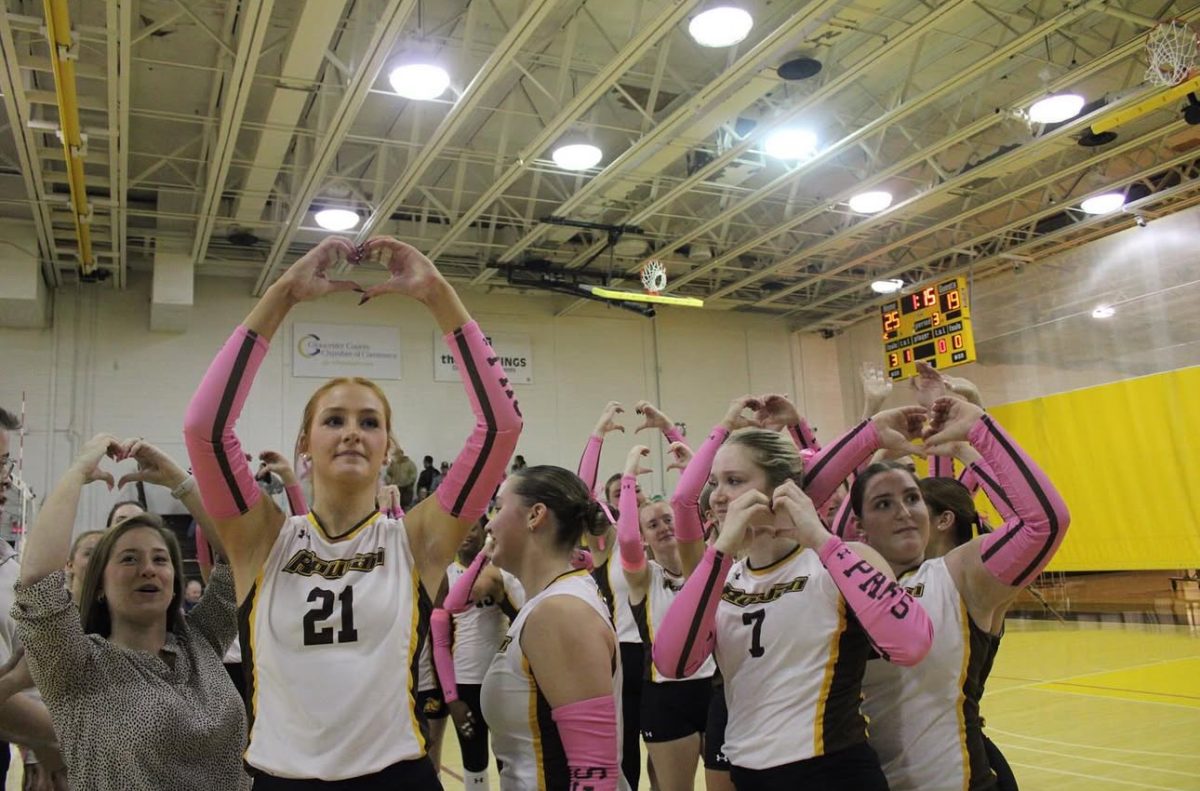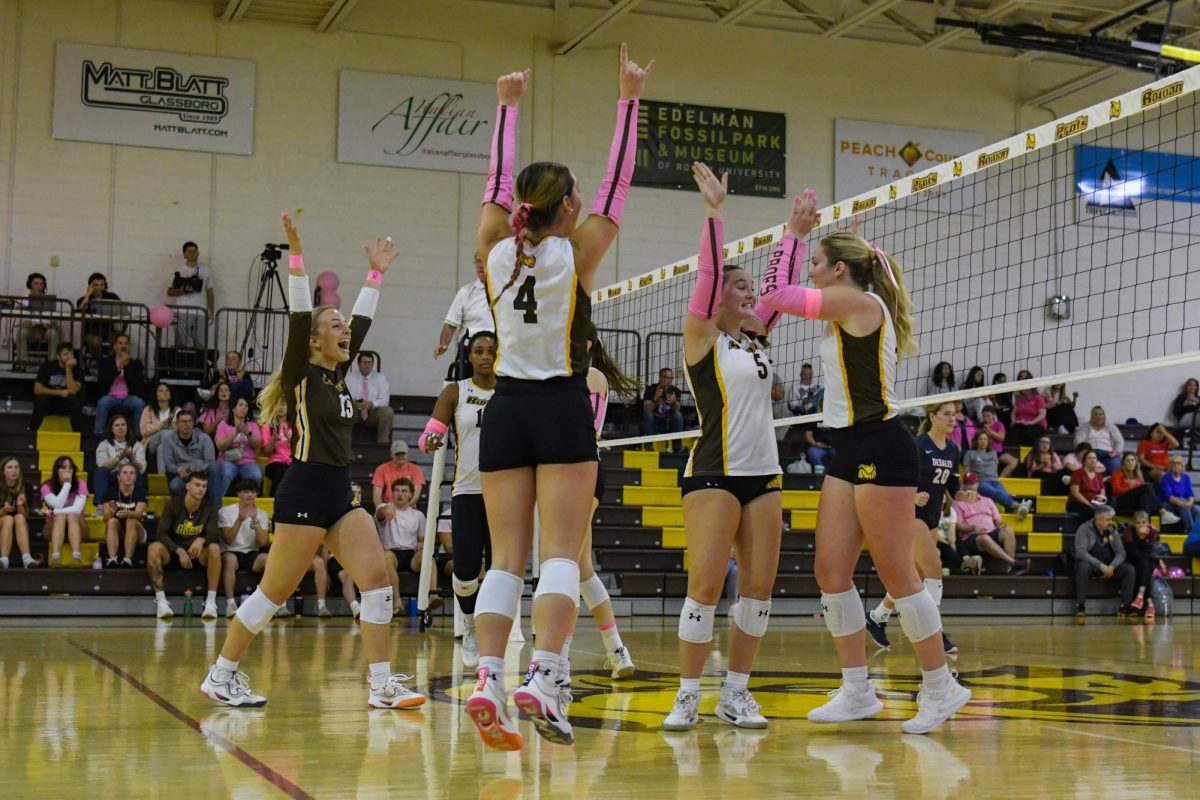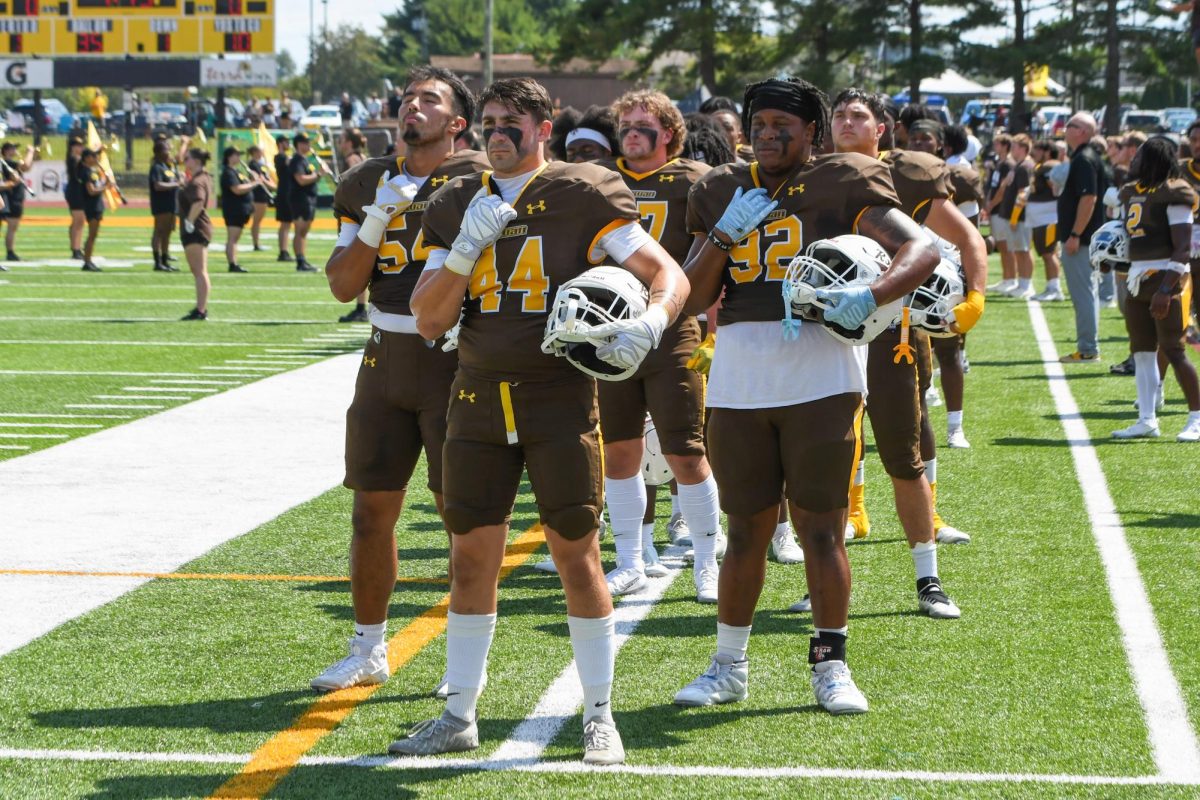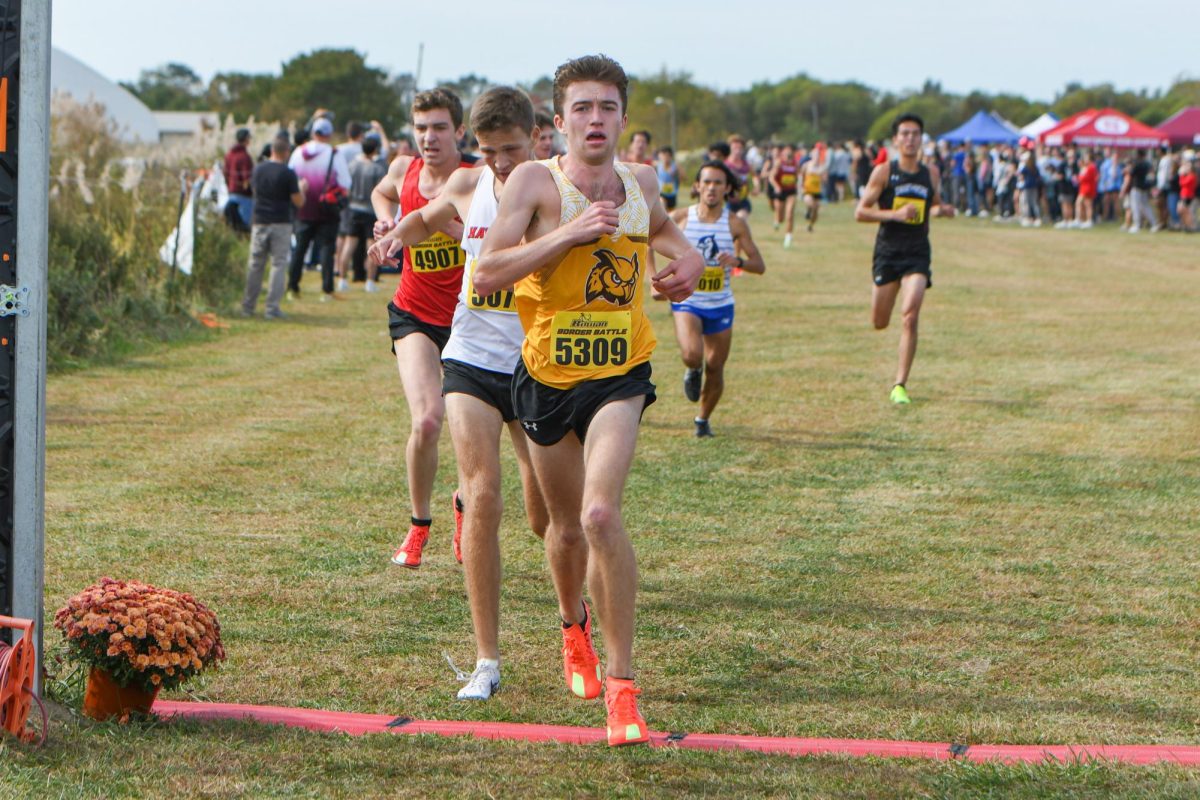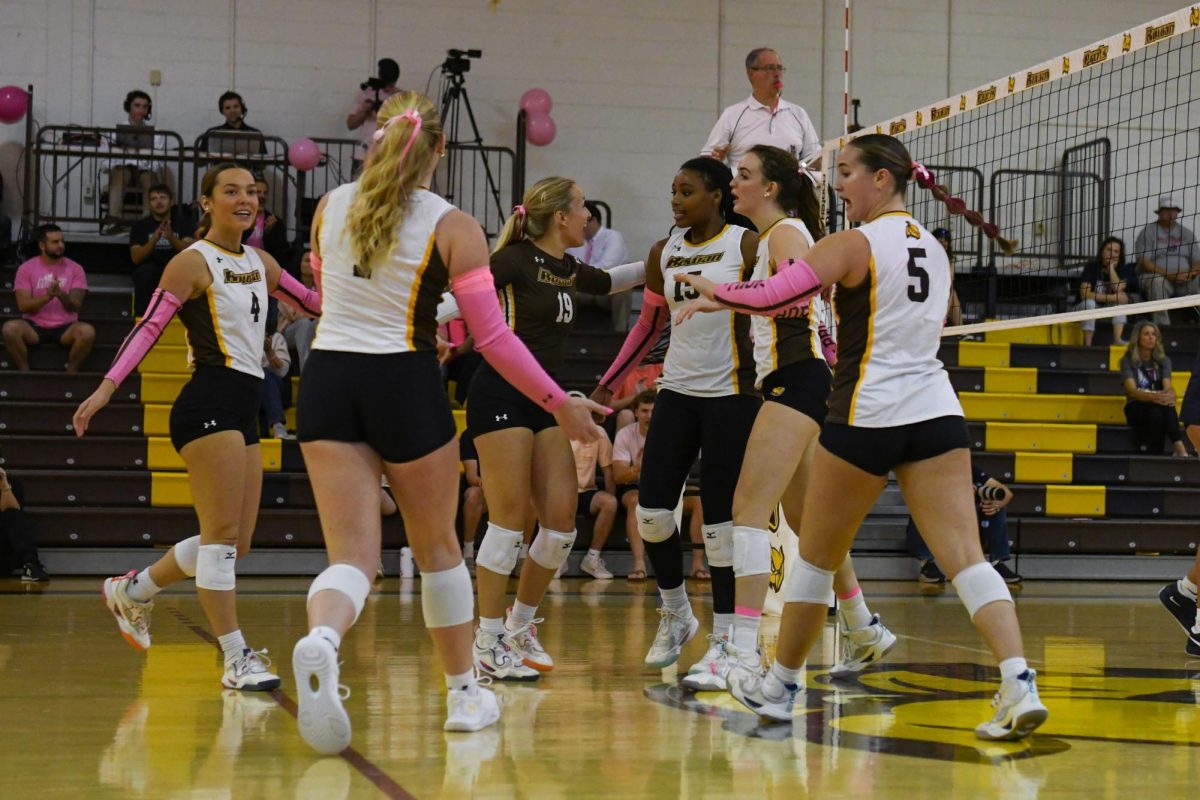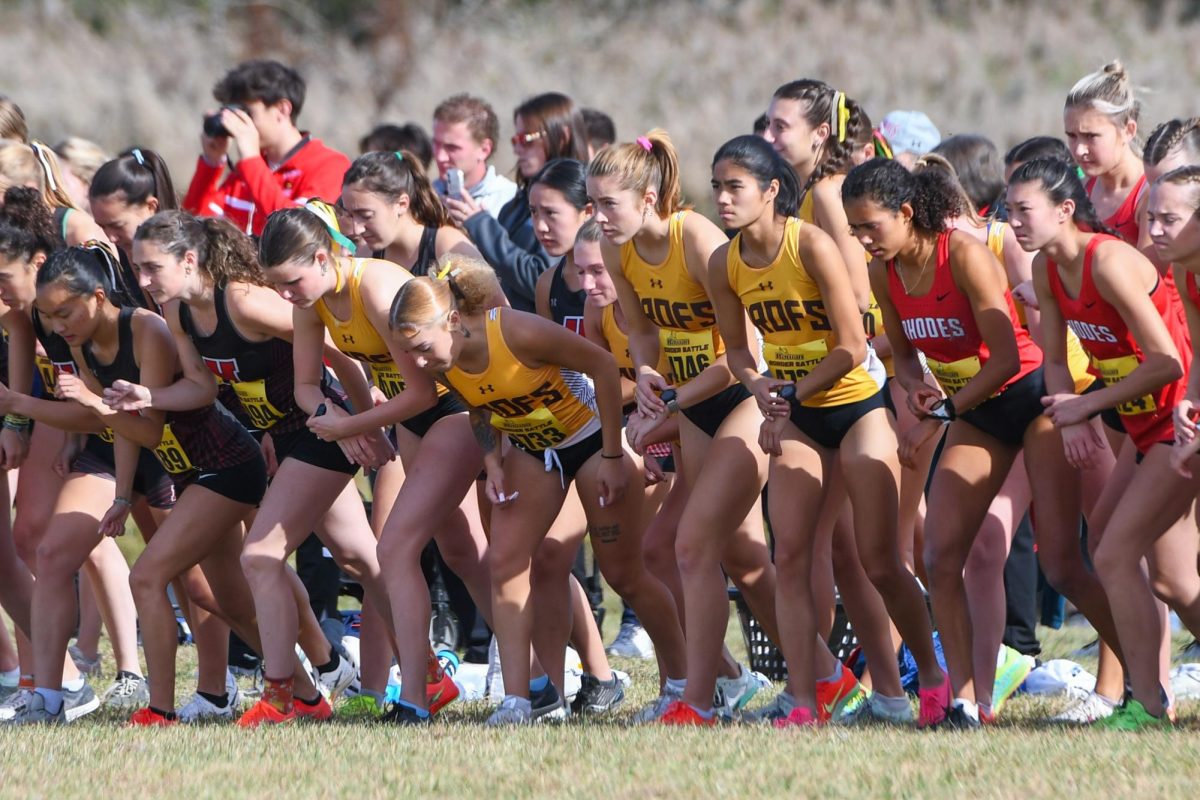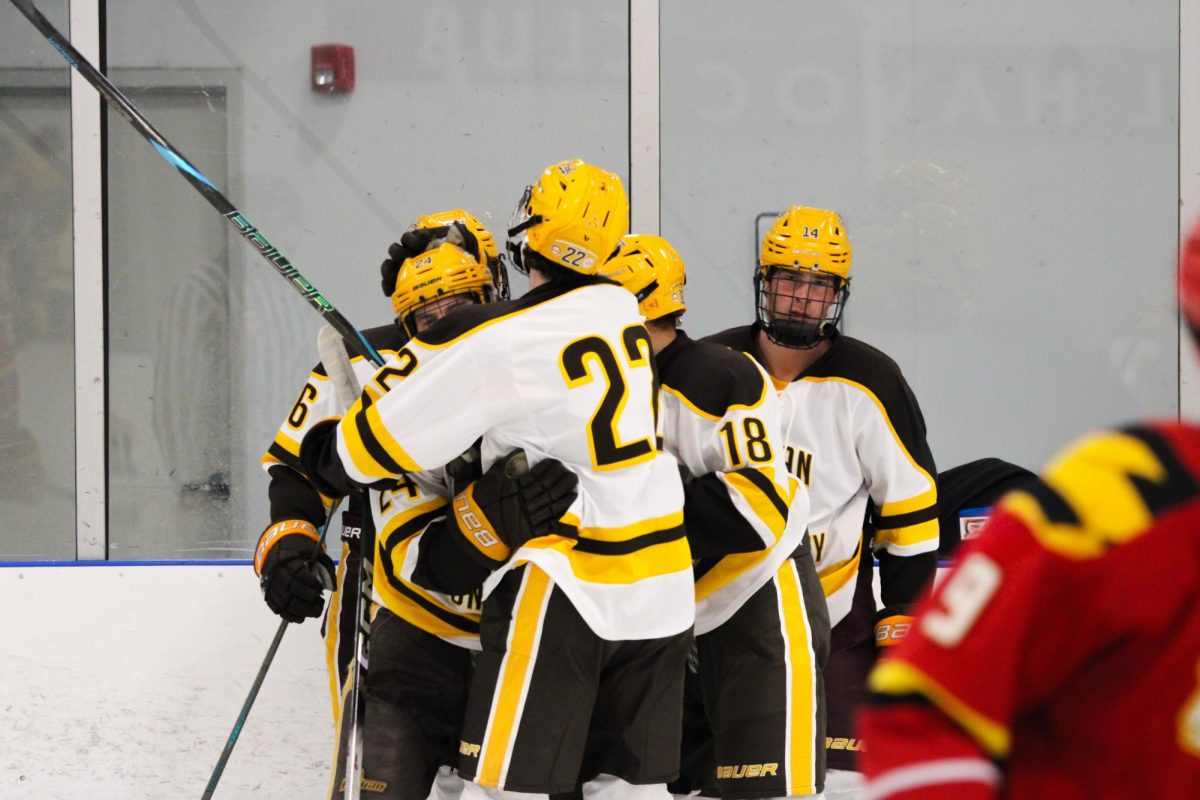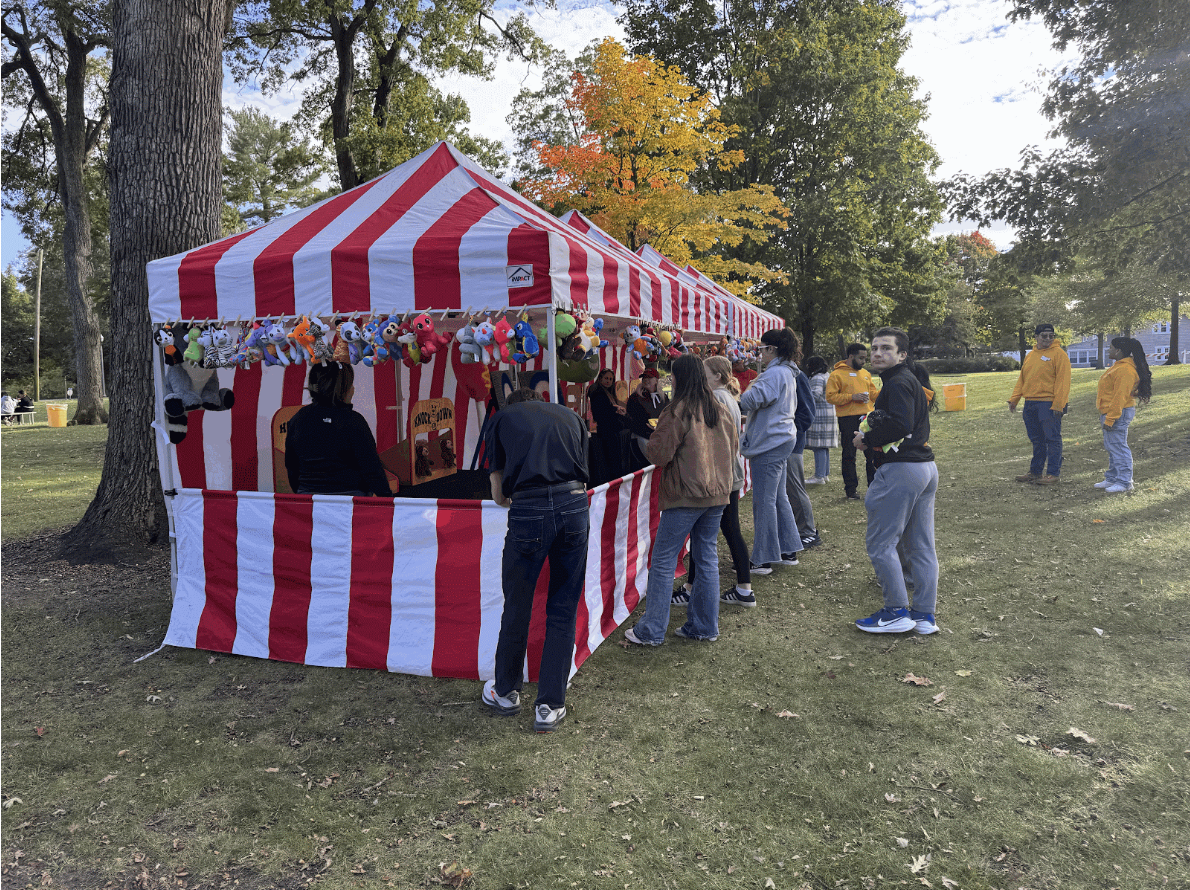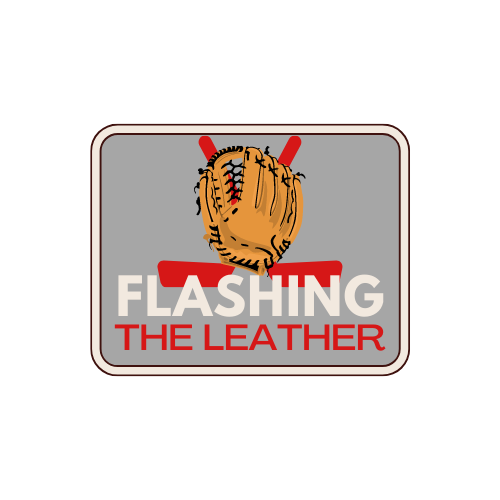New Jersey Defenseman Makes a Comeback
The ninth-overall pick from the 2011 National Hockey League Draft has finally made it back on the ice after injuring his jaw earlier this year on Sunday, Jan. 2. New Jersey Devil Dougie Hamilton broke his jaw during a 4-3 win over the Washington Capitals.
Before his injury, Hamilton had scored 20 points that consisted of seven goals and 13 assists over 30 games.
The seven-year defenseman has spent time with the Boston Bruins, Calgary Flames, Carolina Hurricanes and now the Devils. He recently signed a seven-year deal worth $63 million with an annual average of $9 million.
Hamilton has been known to be a durable player, which has led to him starting in 642 games throughout his career. He finished 11th in voting for the Calder Memorial Trophy during his rookie season and finished in the top 15 in voting for the James Norris Memorial Trophy.
Hamilton finally made his way back to the ice on Thursday, Feb. 24, in Pittsburgh against the Penguins. Since returning, he has scored two goals and two assists in six games.
This past Sunday, March 6, he scored one goal in overtime to help carry the Devils to a 3-2 win over the 55-32 St. Louis Blues. He provided a big win for a struggling, rebuilding New Jersey team.
It only took one minute and twelve seconds for Dougie to put one on the board after the Devils gave up two goals to Terry Krug and Jordan Kyrou in the third period, which was enough to give him the first star for the night.
New Rules for 2022
According to Jon Heyman of Fox Sports, on Sunday, March 6, Major League Baseball and the Players’ Union agreed to ban defensive shifts, start a pitch clock and make bases larger for the 2023 season.
Some of these rules, along with ones like robotic umpires, have been experimented with in partner leagues, such as the American Association, Frontier, Atlantic and Pioneer Leagues since 2020. The MLB has been using these leagues as testing sites for rules they wish to implement in the future.
Defensive shifts are an integral part of baseball and, although they aren’t as crucial as playbooks are to sports like the National Football League, they provide a way for players to capitalize on hitters who can’t hit across the field and upgrade their versatility.
Pull hitters like New York Yankees outfielder, Joey Gallo, have complained about the shift.
“I think at some point, you have to fix the game a little bit,” Joey Gallo said to The Athletic. “I don’t understand how I’m supposed to hit a double or triple when I have six guys standing in the outfield.”
The answer is easier said than done, but players need to either learn how to hit into the open field or bunt away from the fielders. Star sluggers like Ted Williams, Prince Fielder and Babe Ruth were able to adjust and prosper against the shift.
In regards to other aspects of this announcement, a pitch clock may seem like a great idea to speed up the game, but fans and officials may have not thought about the injuries this could cause. If a pitcher is told he must throw a fastball, slider or knuckleball within a short amount of time, this can cause stress in his throwing arm and his delivery, which could lead to sprains, strains, and overworked tendons.
Bigger bases yield to more stolen bases and make it harder for a catcher to throw runners out at the second base. The MLB’s mindset is that offense, or more runs, equal more viewers, but this is simply not the case. Just because a game is high scoring and has more home runs than others, it doesn’t necessarily lead to higher viewership.
These three moves just further prove how out of touch the MLB is with its fanbase. Hopefully, these rules are not permanent and there aren’t harsher ones put in place to increase the runs per game and lower the time per outing.
For comments/questions about this story tweet @TheWhitSports.




















